Physical Science Worksheets for Ages 5-9
85 filtered results
-
From - To
Discover engaging Physical Science Worksheets designed specifically for kids aged 5-9! Our collection offers fun and interactive activities that help young learners explore fundamental concepts such as matter, energy, forces, and motion. These worksheets are crafted to spark curiosity and encourage hands-on learning, making complex ideas accessible for young minds. With vibrant illustrations and age-appropriate questions, children will enjoy learning through experimentation and problem-solving. Perfect for classroom use or at-home practice, our physical science resources align with early education standards and promote critical thinking. Enhance your child's scientific understanding and prepare them for future learning adventures with our printable worksheets!
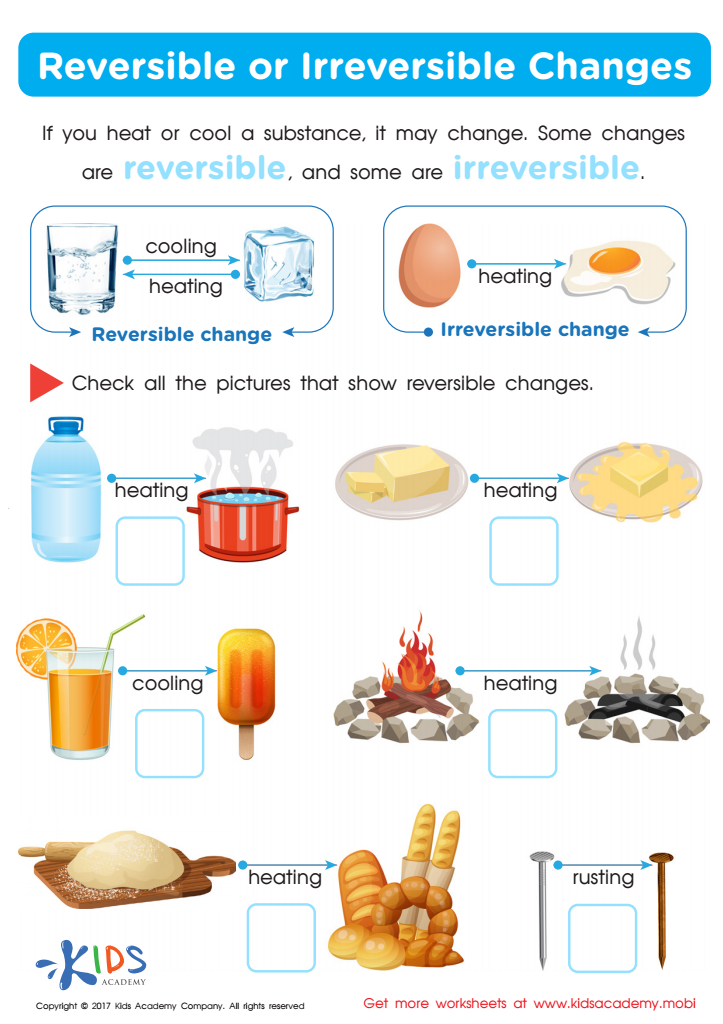

Reversible Irreversible Changes Worksheet
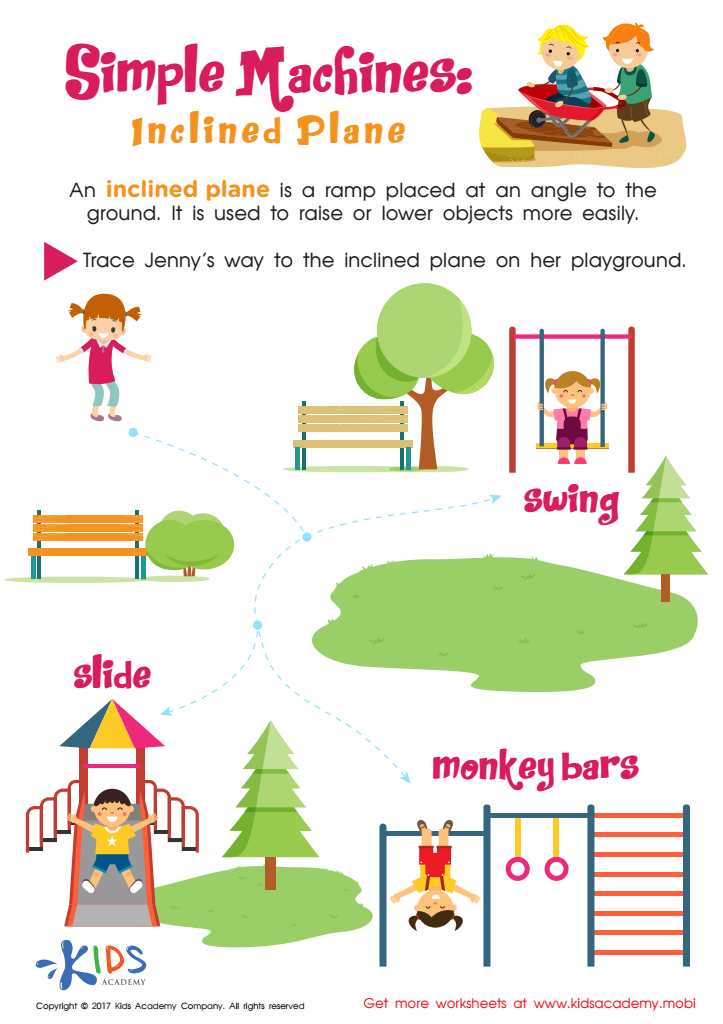

Simple Machines Inclined Plane Worksheet
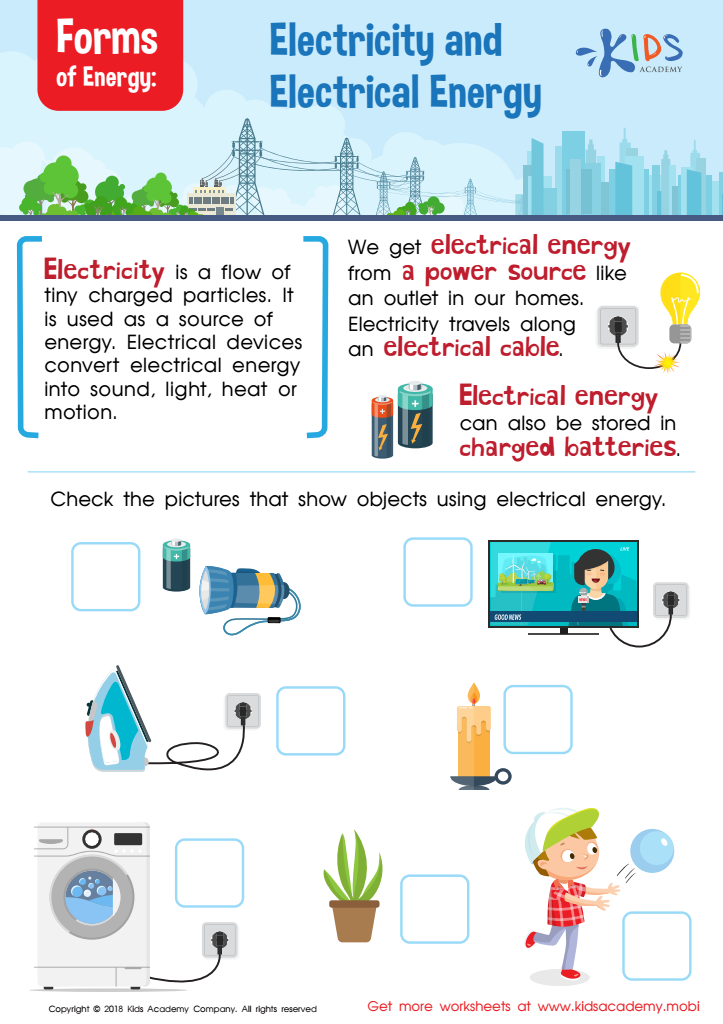

Forms of Energy Worksheet
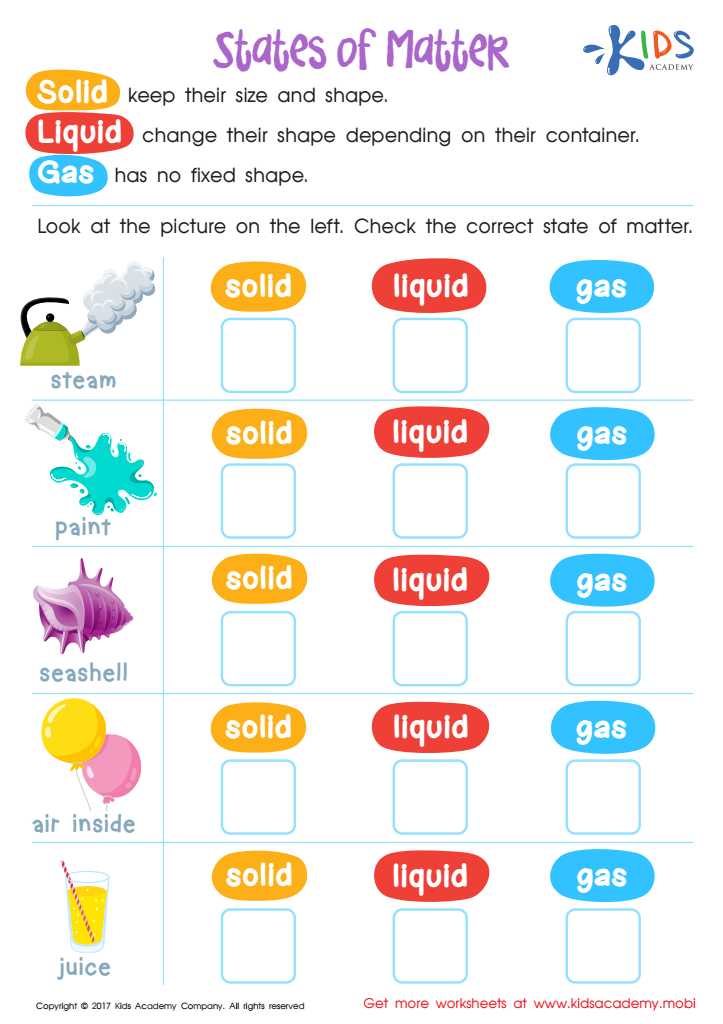

Physical Science: States of Matter Worksheet


Matter: Assessment 1 Worksheet
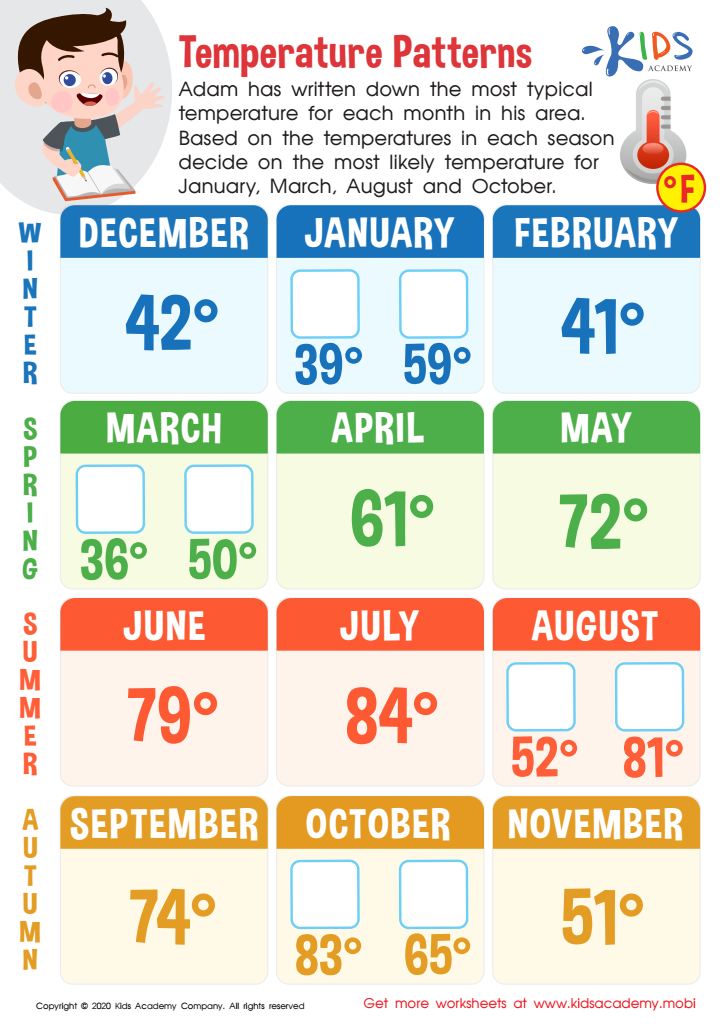

Temperature Patterns Worksheet


Force and Interactions: Assessment 1 Worksheet
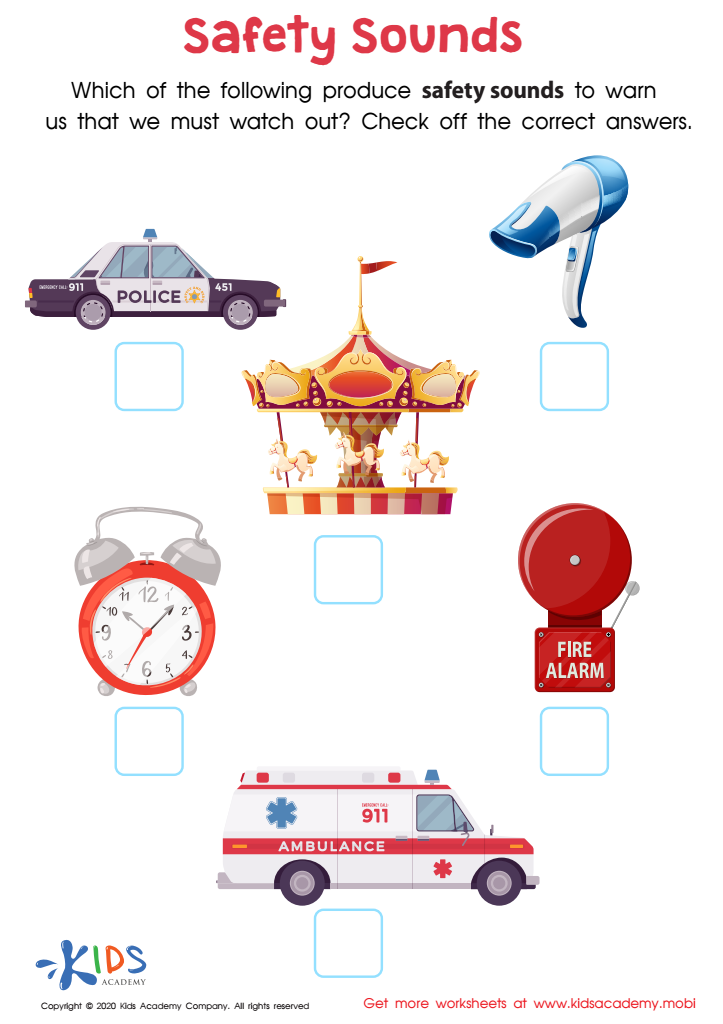

Safety Sounds Worksheet
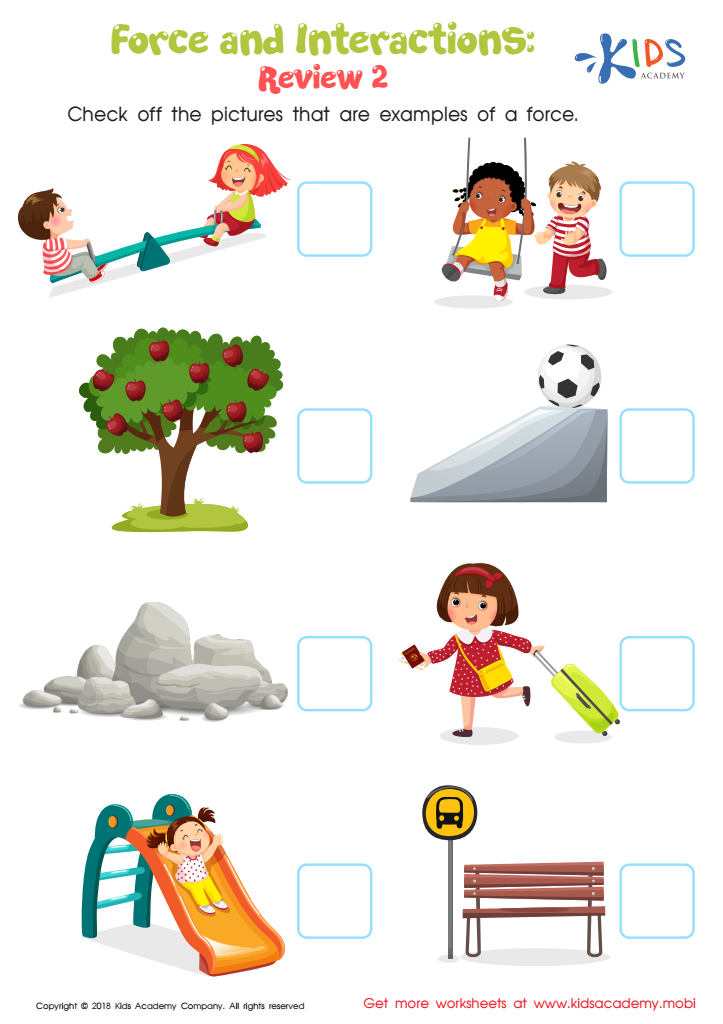

Force and Interactions: Review 2 Worksheet
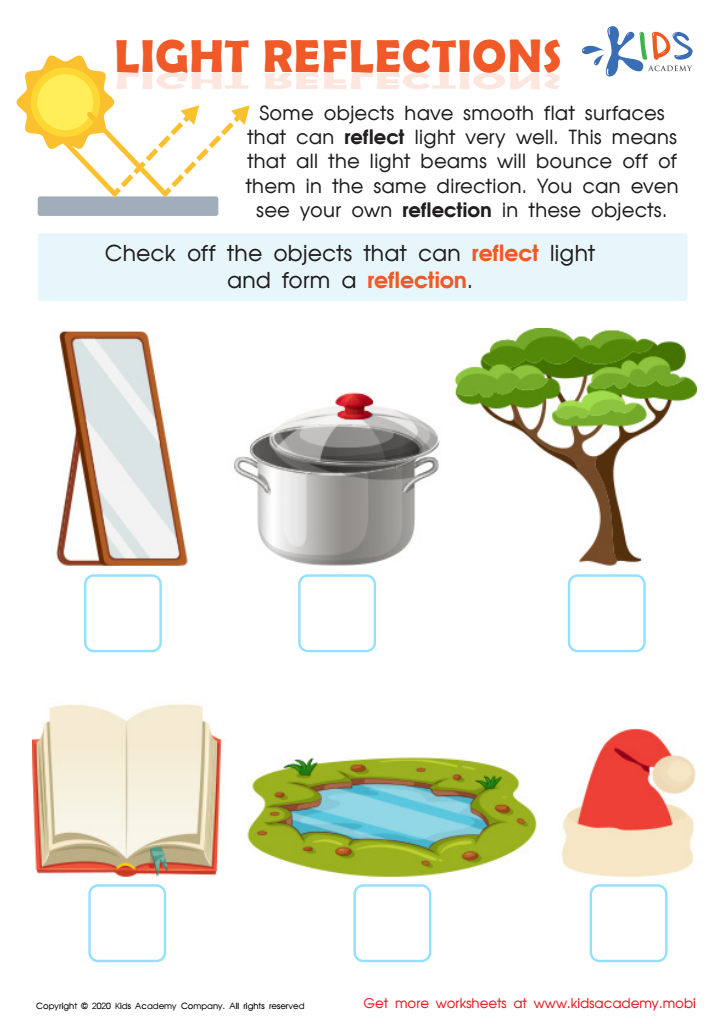

Light Reflections Worksheet


Sink or Float Printable
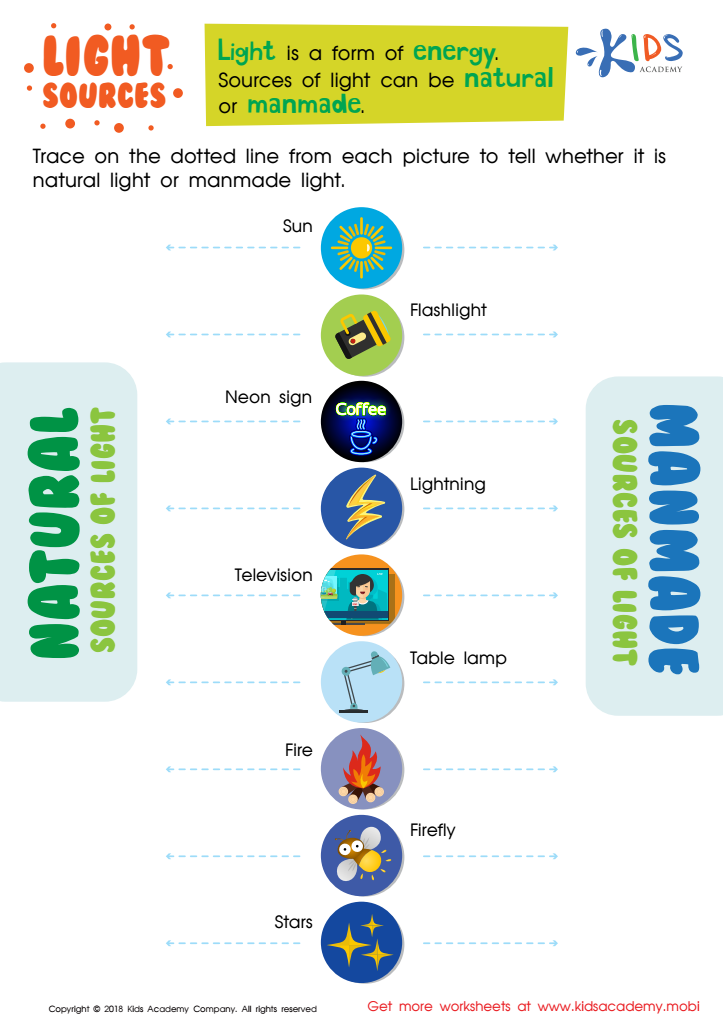

Natural and Manmade Light Sources Worksheet
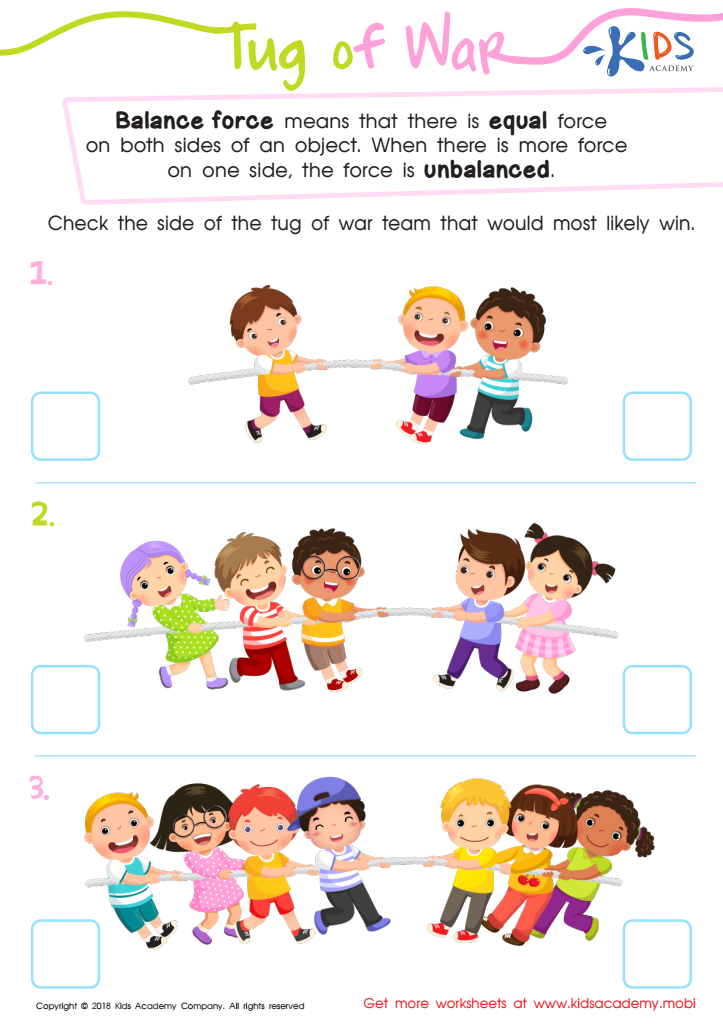

Balanced Forces Worksheet
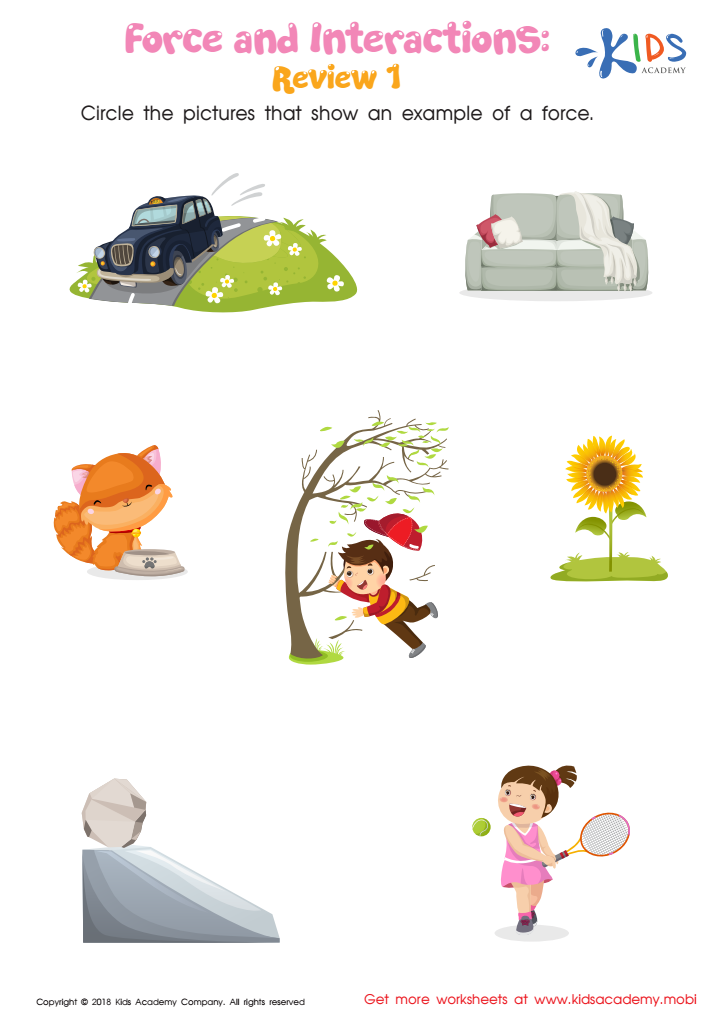

Force and Interactions: Review 1 Worksheet
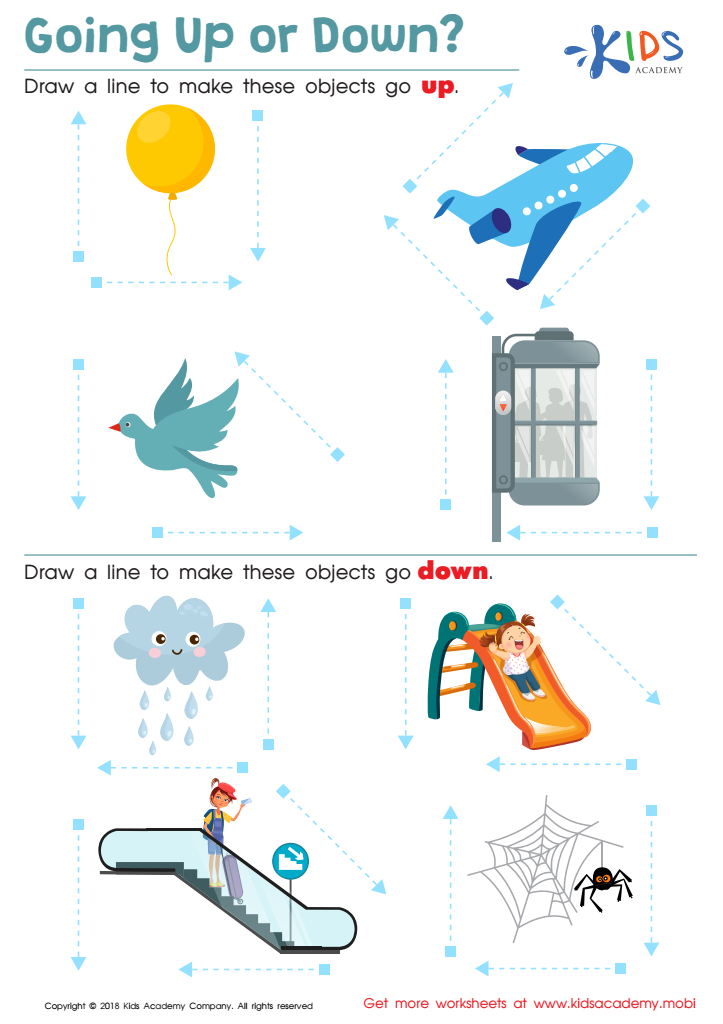

Going up or Down? Worksheet
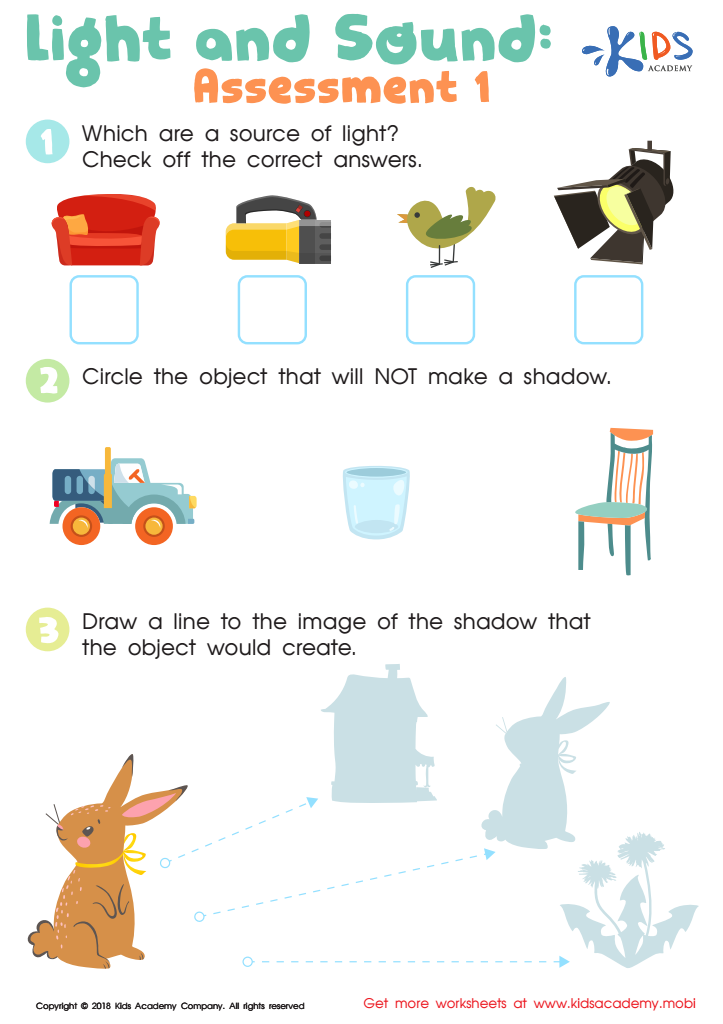

Light and Sound: Assessment 1 Worksheet
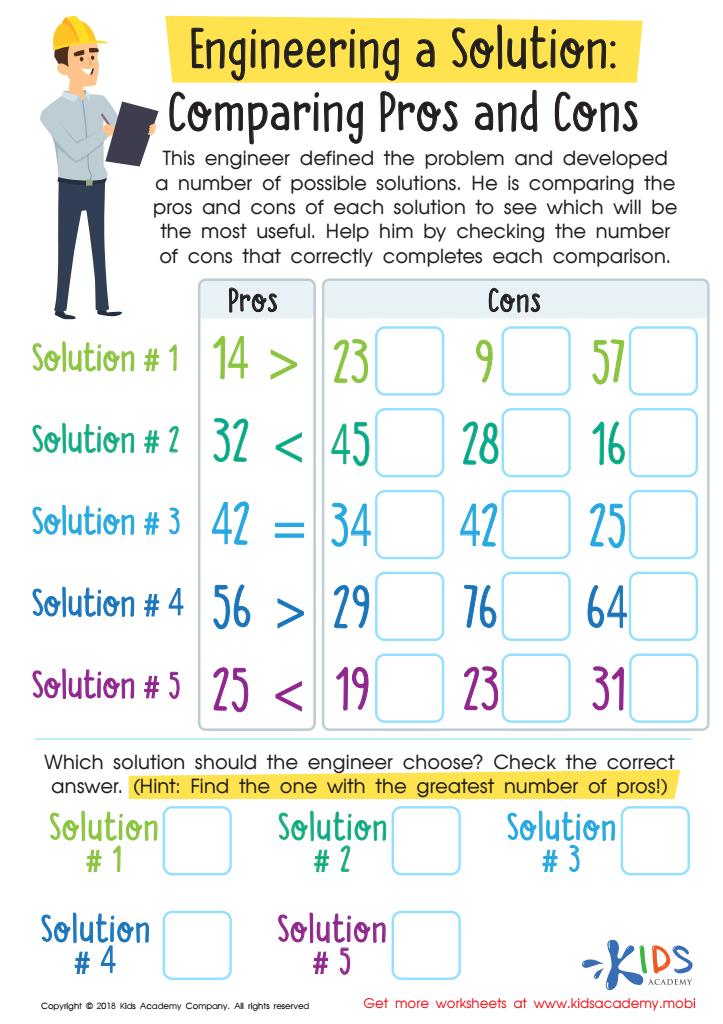

Engineering a Solution: Comparing Pros and Cons Worksheet
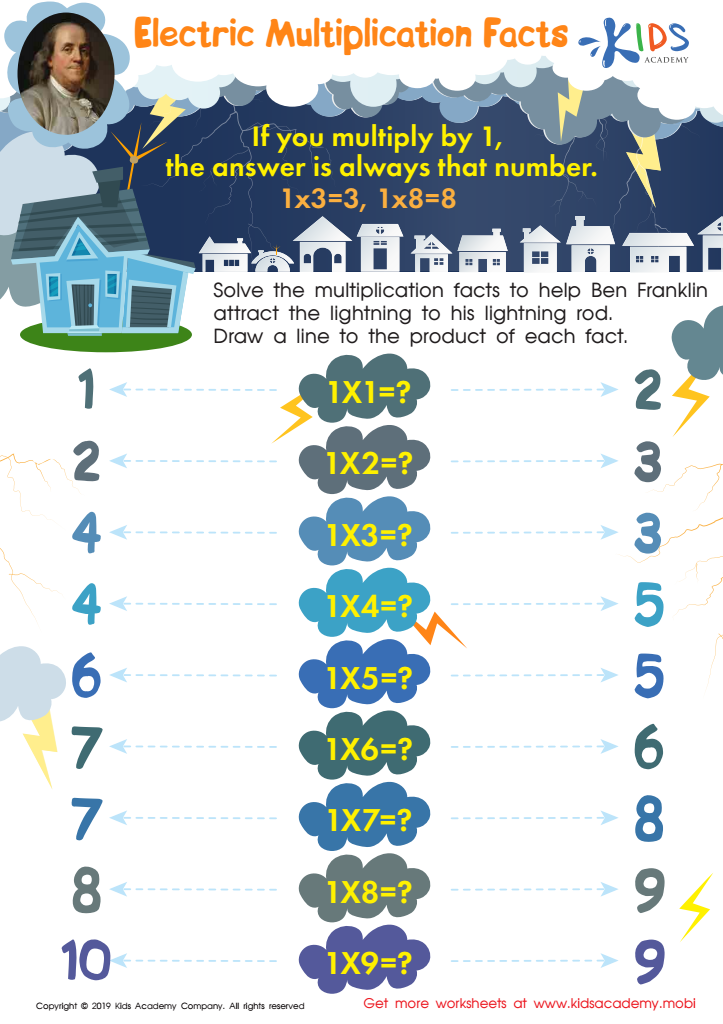

Electric Multiplication Facts Worksheet
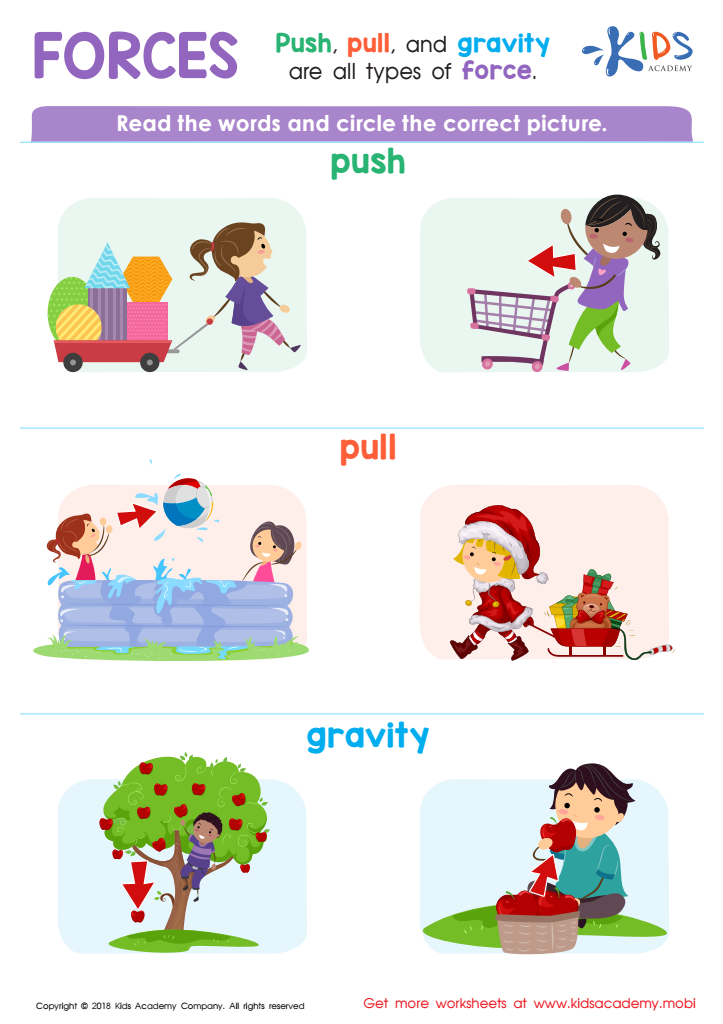

Forces Worksheet
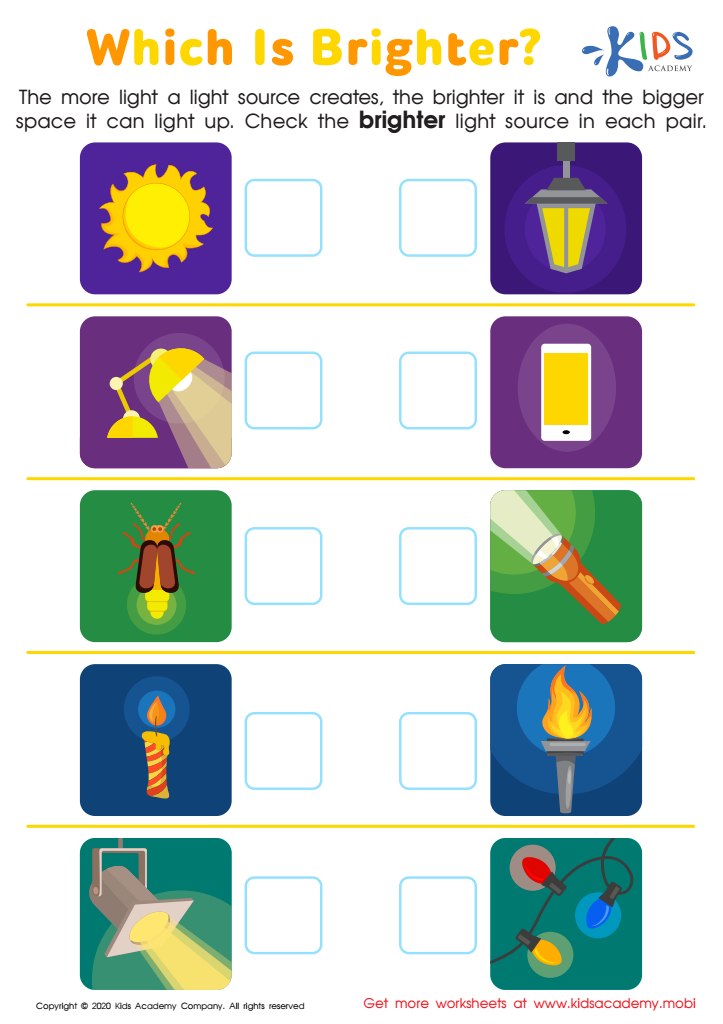

Which Is Brighter? Worksheet
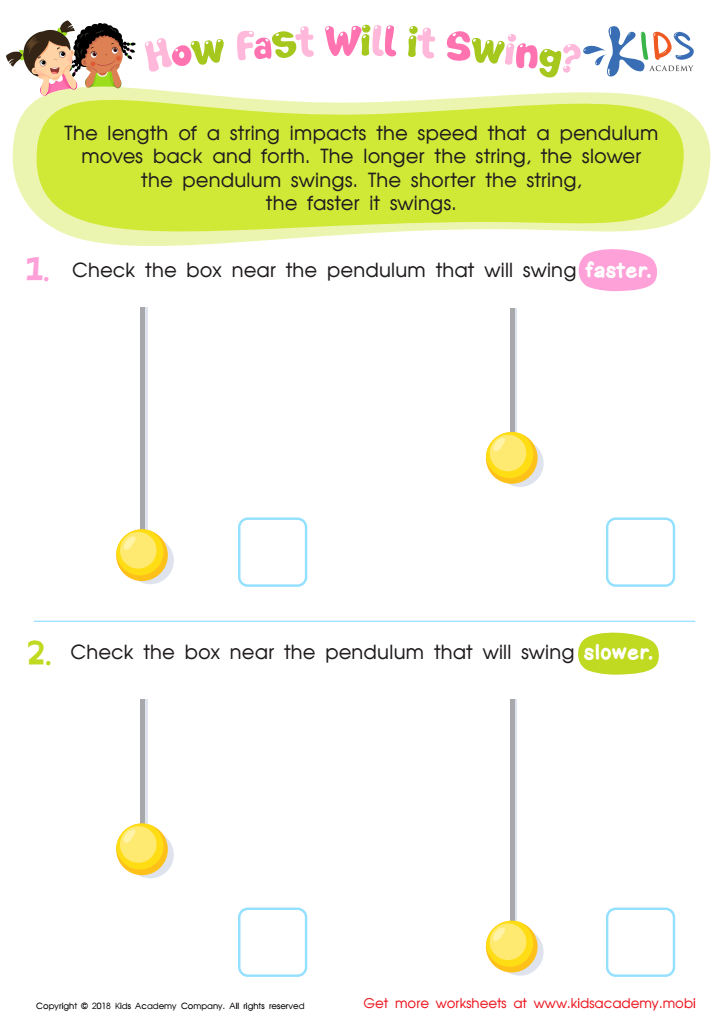

Pendulum Experiment Worksheet For 3rd Grade
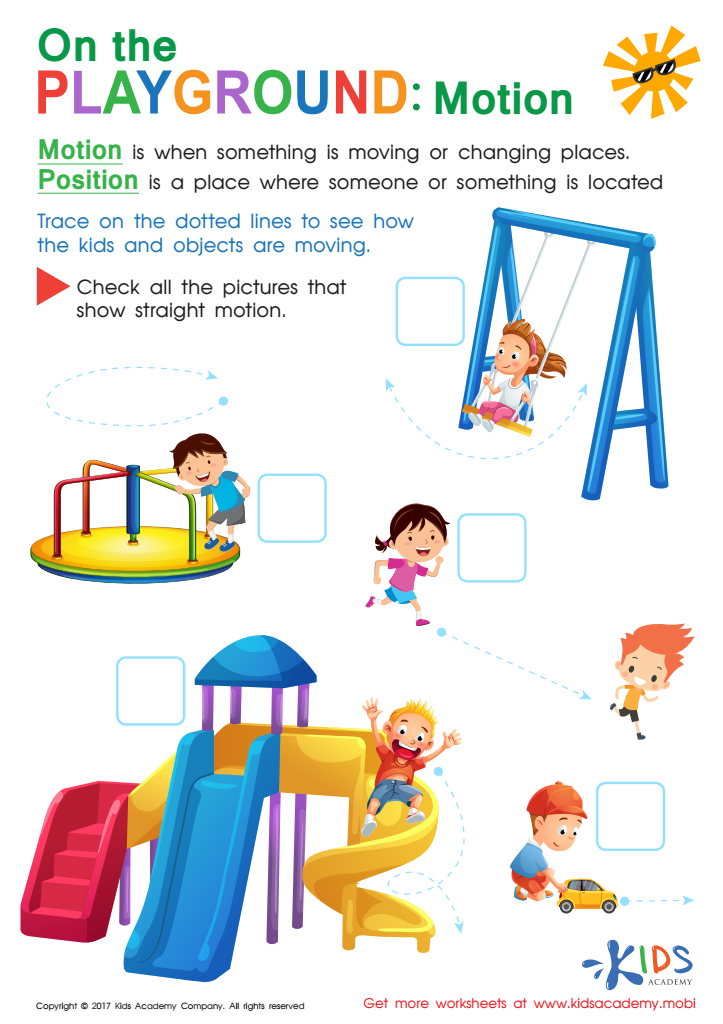

Position and Motion Worksheet
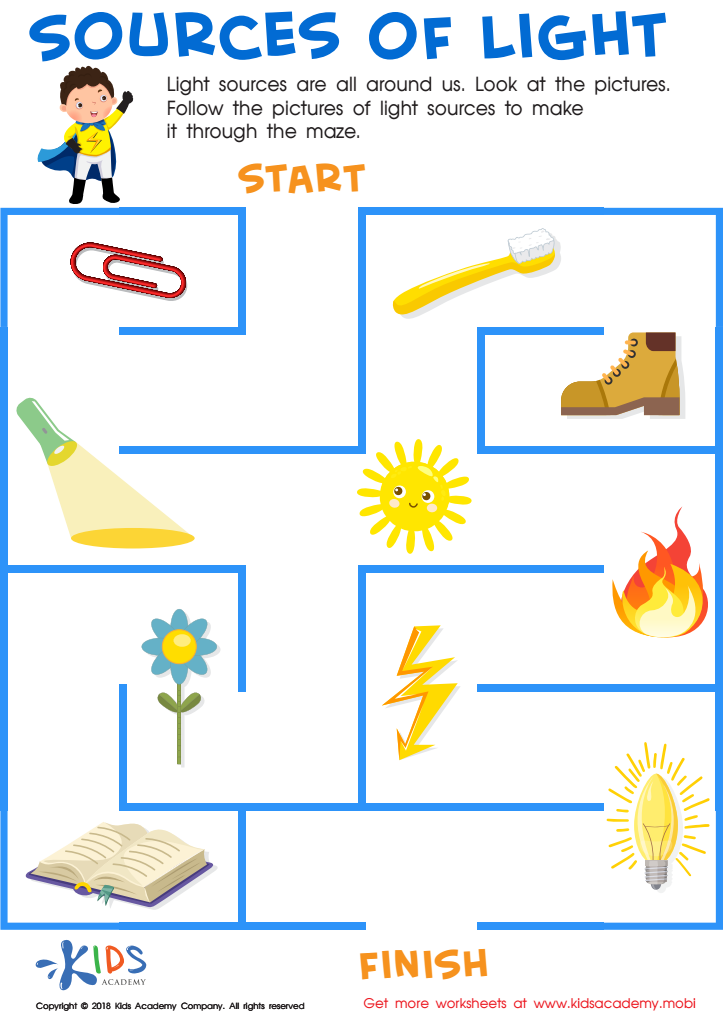

Sources of Light Worksheet
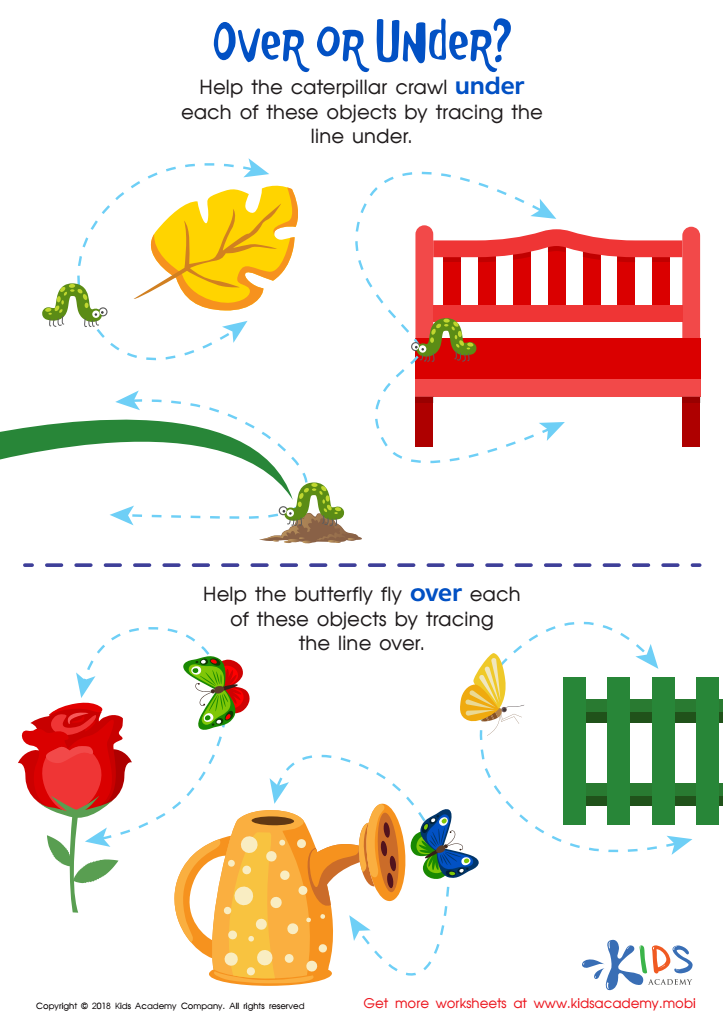

Over or Under? Worksheet
Physical Science is a crucial part of early education for children ages 5-9. This foundational stage is ripe for igniting curiosity about the natural world and understanding the principles that govern it. Engaging with physical science promotes critical thinking and problem-solving skills, which are essential for lifelong learning. By exploring concepts like motion, energy, forces, and matter, young learners can make sense of their surroundings and develop a sense of wonder about how things work.
Moreover, physical science encourages hands-on exploration through experiments and interactive activities, making learning enjoyable and relevant. This engagement can foster a love for science, potentially guiding children toward future academic and career interests in STEM fields. For parents and teachers, providing opportunities for children to explore physical science helps nurture creativity and resilience, teaching them to experiment, make mistakes, and learn from them.
Additionally, understanding these concepts early on paves the way for better performance in later school years when curricula become more advanced. By prioritizing physical science education for young learners, parents and teachers empower children with the knowledge and skills they need to navigate an increasingly complex world and make informed decisions as they grow.
 Assign to My Students
Assign to My Students




.jpg)










